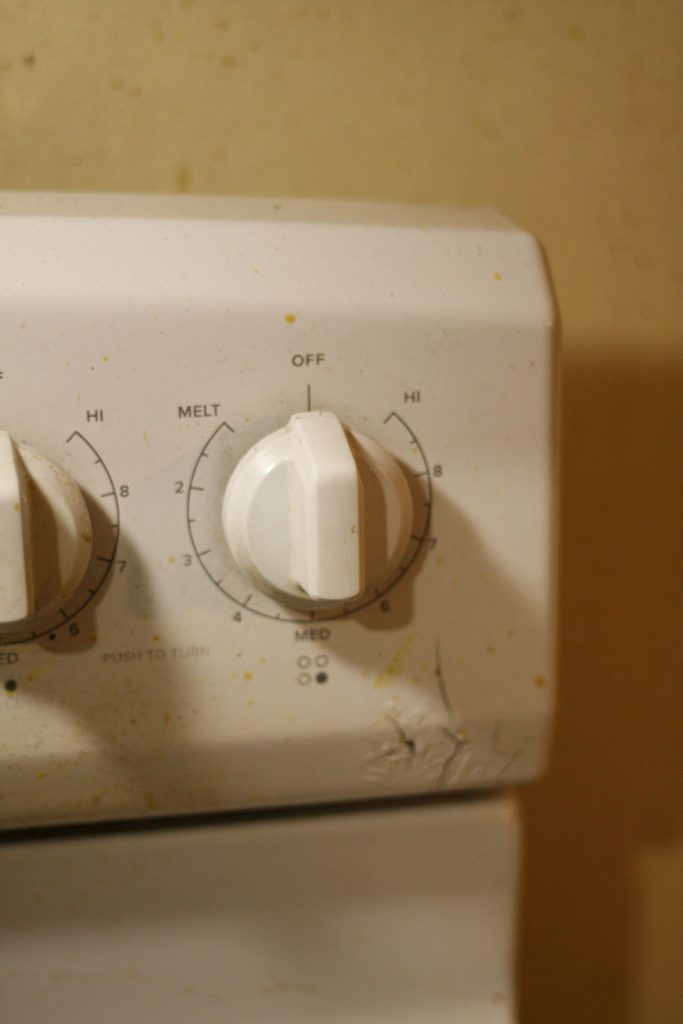
Have you ever opened your fridge to find it warmer than usual, or heard a strange noise coming from your washing machine? These could be signs that your appliance is trying to tell you something! Timely appliance repair is crucial not only for the longevity of your appliances but also for your peace of mind and budget. In this blog, we’ll help you identify common signs that your appliances need repair before issues escalate into costly problems.
Understanding Your Appliances: Why Early Detection Matters
Recognizing appliance repair signs early can save you from significant headaches down the line. Ignoring minor issues can lead to higher energy bills, costly repairs, and even safety hazards. For instance, a small leak in your dishwasher can lead to water damage and mold growth, while a malfunctioning refrigerator can cause food spoilage and increased energy consumption. By addressing problems promptly, you can avoid these pitfalls and keep your appliances running efficiently.
Common Signs Your Appliance Needs Repair
1. Unusual Noises
If your appliance is making noise, it’s time to pay attention. Grinding, buzzing, or hissing sounds can indicate various issues. For example, a grinding noise in your washing machine may suggest worn bearings, while a buzzing sound could point to electrical problems. Trust your instincts—if you hear something out of the ordinary, it’s often a sign that something needs attention.
2. Leaks and Moisture
Leaks can occur in various appliances, including refrigerators and dishwashers. A worn-out hose or faulty seal can lead to water pooling on your floor. If you notice a leak, it’s essential to act quickly. Turn off the appliance, clean up the water to prevent damage, and inspect the source of the leak. If you can’t identify the problem, it may be time to call a professional.
3. Inconsistent Performance
Is your oven cooking unevenly, or is your washing machine leaving clothes dirty? These are signs that your appliance is not working properly. Recognizing these patterns early can save you from bigger headaches down the line. For instance, a malfunctioning thermostat in your oven can lead to undercooked meals, while a clogged drain in your washing machine can prevent proper cleaning.
4. Increased Energy Bills
Have you noticed a sudden spike in your energy bills? Malfunctioning appliances often consume more energy than usual. For example, an inefficient refrigerator may work harder to maintain its temperature, leading to higher electricity costs. Keep an eye on your bills and consider having your appliances inspected if you notice significant increases.
5. Error Codes and Warning Lights
Many modern appliances come equipped with error codes and warning lights to alert you to issues. These codes can vary by manufacturer, so it’s essential to consult your user manual or the manufacturer’s website for guidance. Understanding these codes can help you troubleshoot problems before they escalate.
6. Foul Odors
If you notice a strange smell coming from your appliance, don’t ignore it. Foul odors can indicate mold growth in dishwashers or burnt components in ovens. Your appliance is trying to communicate that something is wrong, and addressing it promptly can prevent further damage.
What to Do When You Notice These Signs
When you notice any of these signs, it’s essential to take action. Here are some appliance repair tips:
-
Inspect the Appliance: Look for visible signs of damage or wear.
-
Consult the Manual: Refer to the user manual for troubleshooting tips specific to your appliance.
-
Perform Basic Maintenance: Regular cleaning and maintenance can help prevent issues from arising.
-
Document the Issue: Keep a record of any unusual behavior or signs to share with a repair professional.
When to Call a Professional
While some minor issues can be addressed with DIY fixes, there are scenarios where professional appliance repair is necessary. If you encounter persistent problems, complex issues, or safety concerns, it’s best to seek help from a qualified technician. This can prevent further damage and ensure your appliance is repaired correctly.
Conclusion
Don’t wait for a small issue to turn into a major problem—stay proactive with your appliance care! Recognizing the signs of appliance distress can save you time, money, and stress. If you have any experiences or questions about appliance maintenance, feel free to share them in the comments below.
Call to Action
For more tips on appliance maintenance and repair, subscribe to Dingdoor’s newsletter! Follow us on social media for updates and promotions to keep your home running smoothly.
By following these guidelines and being aware of the common signs that your appliances need repair, you can ensure they remain in good working condition for years to come. Remember, early detection is key to avoiding costly repairs and maintaining a safe home environment.

